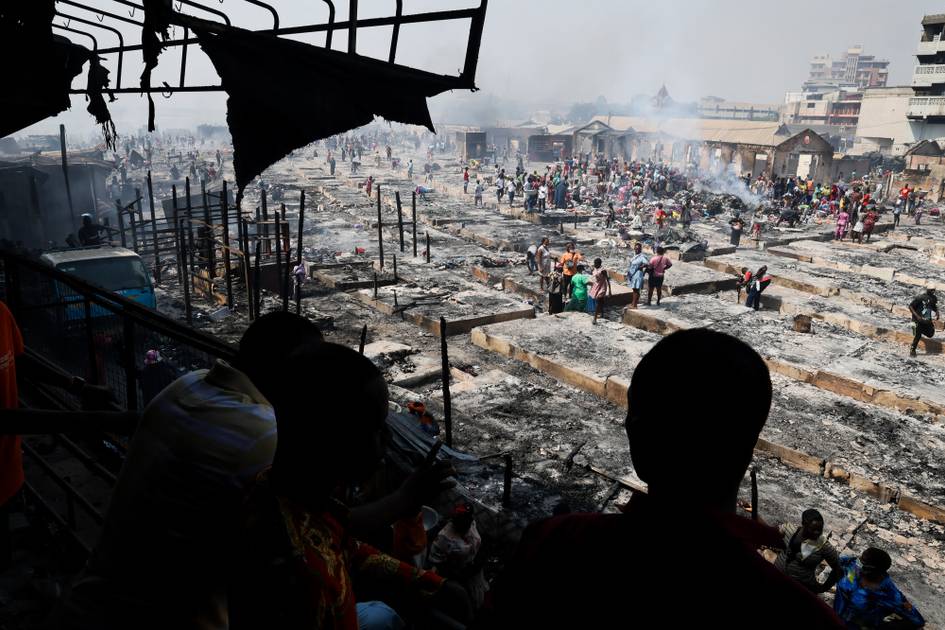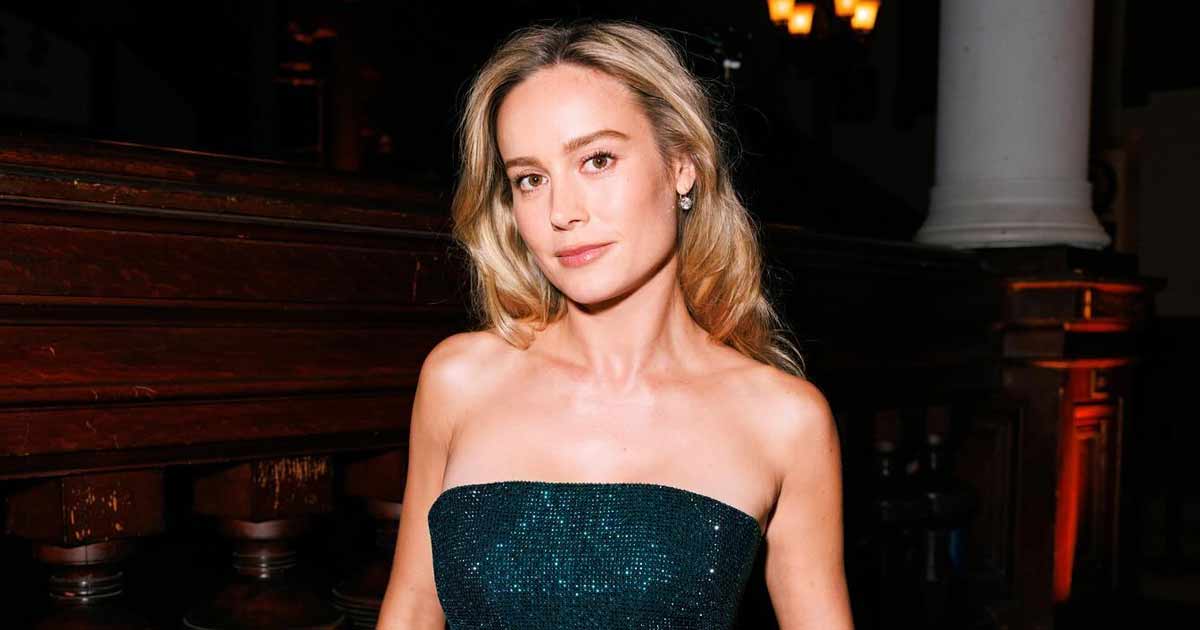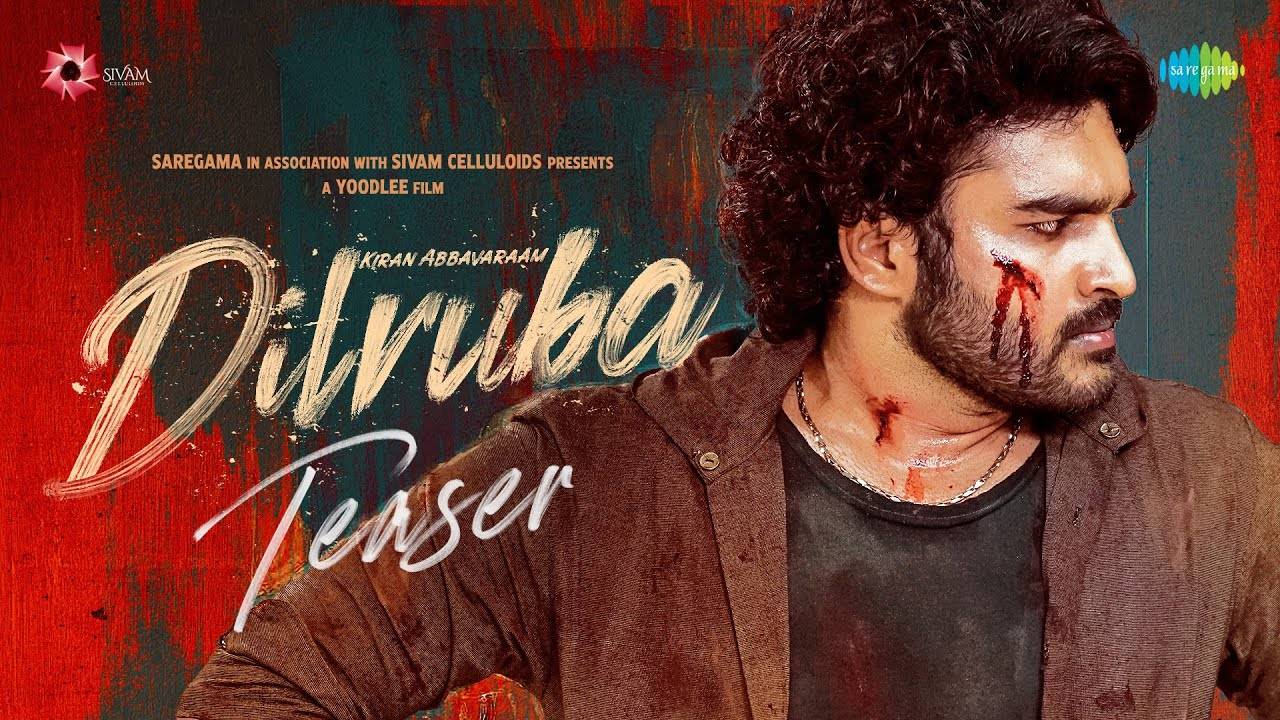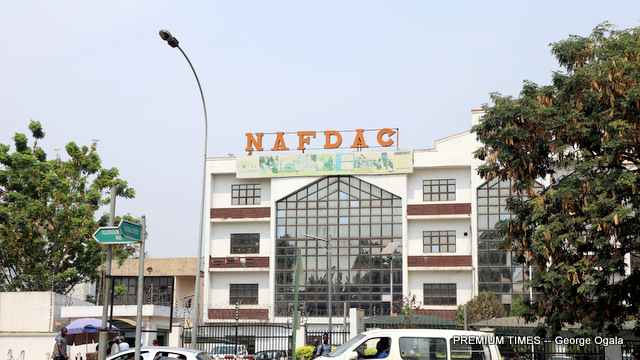“Advani ji has said that he will come. If required, we will make special arrangements for him,” Kumar told PTI.
About Joshi, Kumar said, “he has said that he will try to come to attend the event”.
Advani, 96, is a founding member of the BJP and, along with Joshi, was at the forefront of the Ram janmabhoomi movement in the 1980s and early 1990s.
Joshi is also a founding member of the BJP.
The Ram temple trust had last month said that both Advani and Joshi were unlikely to attend the consecration ceremony due to their health and age. Giving a detailed list of the invitees at a press conference in Ayodhya, trust general secretary Champat Rai had told reporters, “Both are elders of the family and considering their age, they were requested not to come, which was accepted by both.” As Rai’s statement kicked off a controversy, VHP working president Kumar said in a statement the next day that he had invited Advani and Joshi to attend the consecration ceremony.
Both Advani and Joshi said they would make “every effort” to join the ceremony in Ayodhya on January 22, the VHP leader had said in a statement on December 19.
Asked for comment on top Congress leaders declining the Ram temple trust’s invite for the mega event, Kumar told PTI, “It’s their wish.”
“Everyone has been invited. As we invited Prime Minister Narendra Modi, we also invited opposition leaders. We invited BJP president J P Nadda, so we invited presidents of all other parties. We believe that the occasion is a festival for all Hindus,” the VHP leader said.
“Those who want to attend the consecration ceremony can come. Those who do not want to attend the event, it’s their wish,” he added.
Top Congress leaders Mallikarjun Kharge, Sonia Gandhi and Adhir Ranjan Chowdhury on Wednesday “respectfully declined” the invitation to attend the consecration ceremony, with the party accusing the BJP of making it into a “political project” for electoral gains and asserting that religion is a “personal matter”.
The Supreme Court delivered a historic verdict in 2019, settling a temple-mosque dispute that dated back more than a century. The court backed the construction of a Ram temple at the disputed site in Ayodhya and ruled that an alternative five-acre plot must be found for building a mosque.







